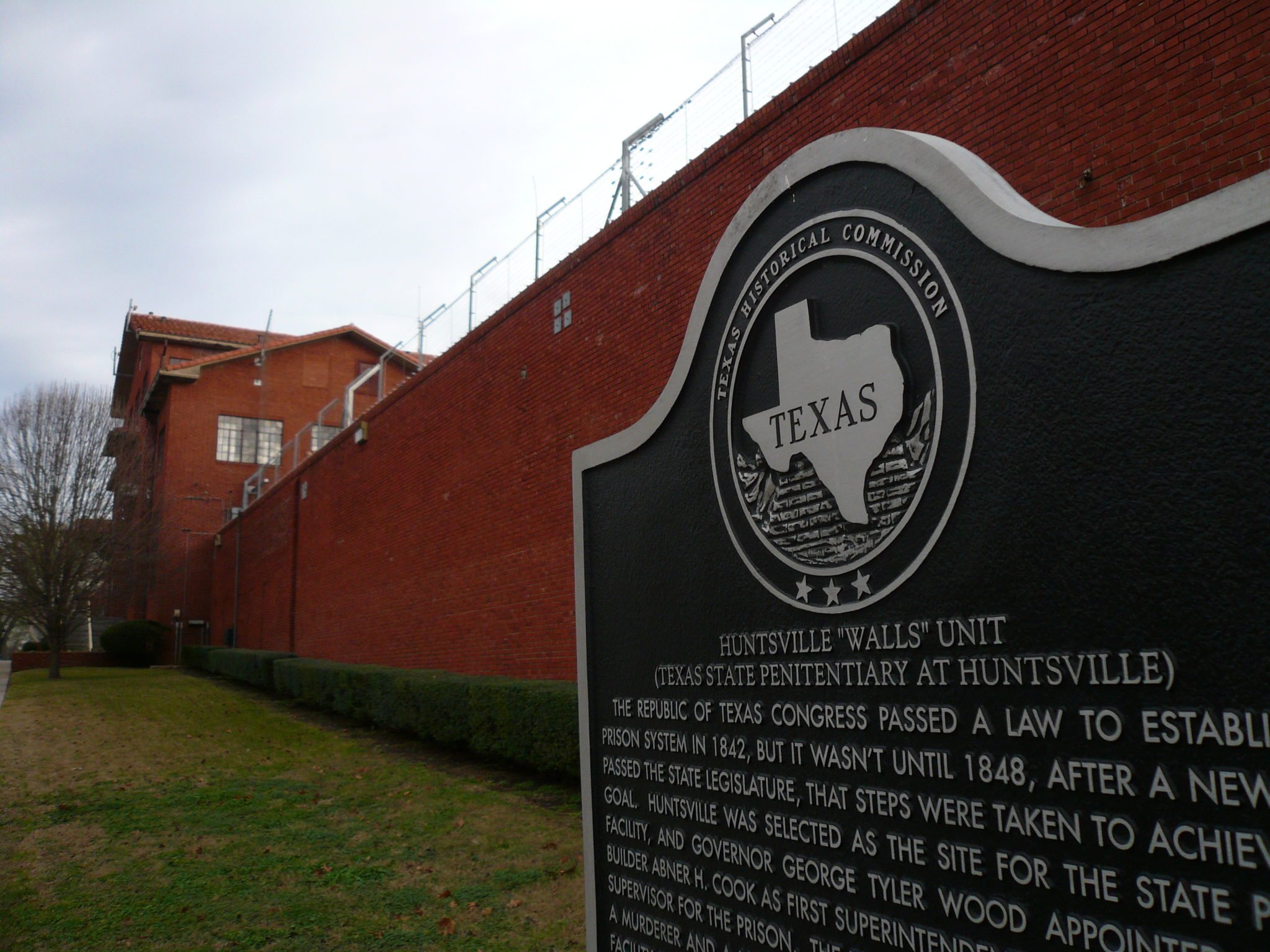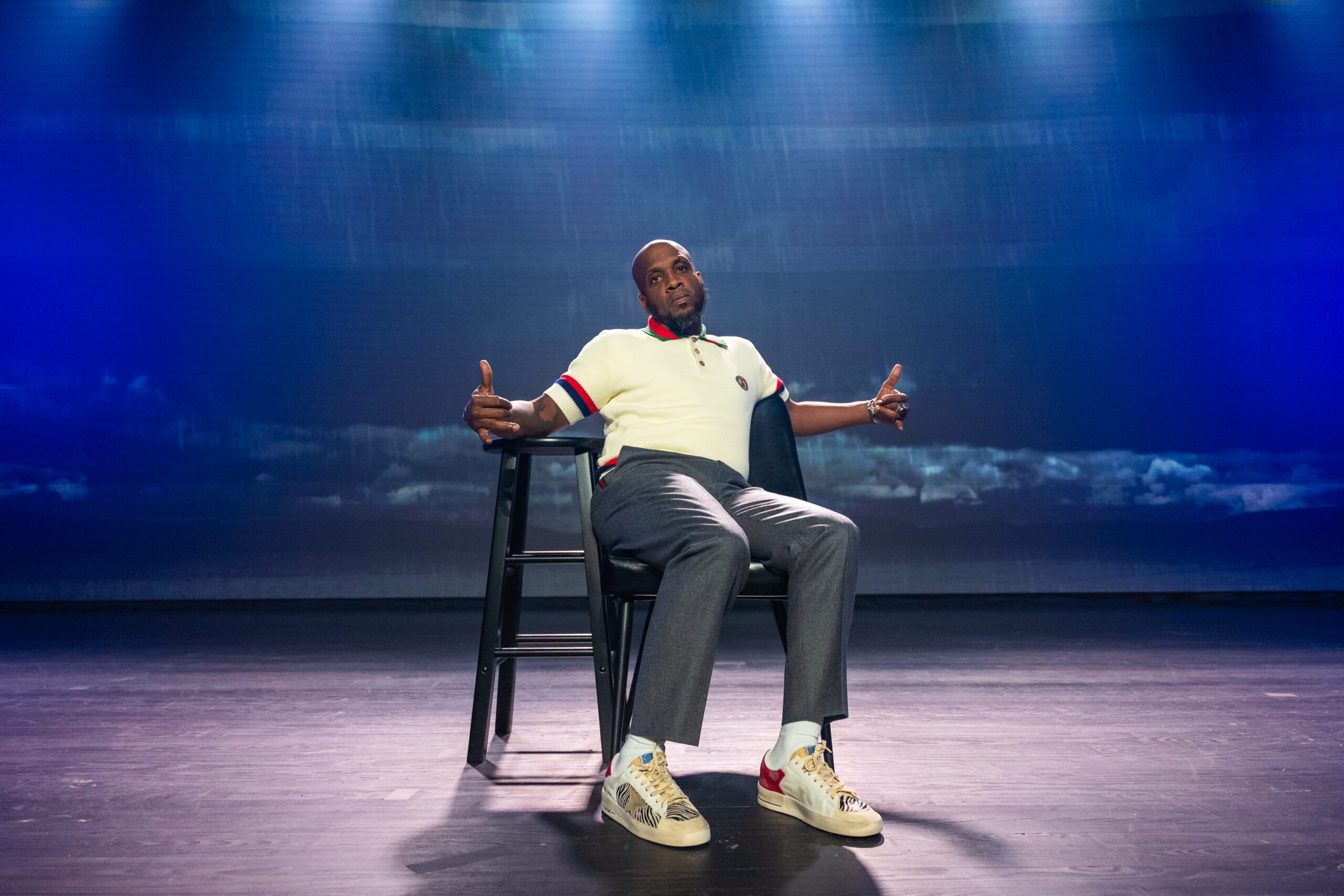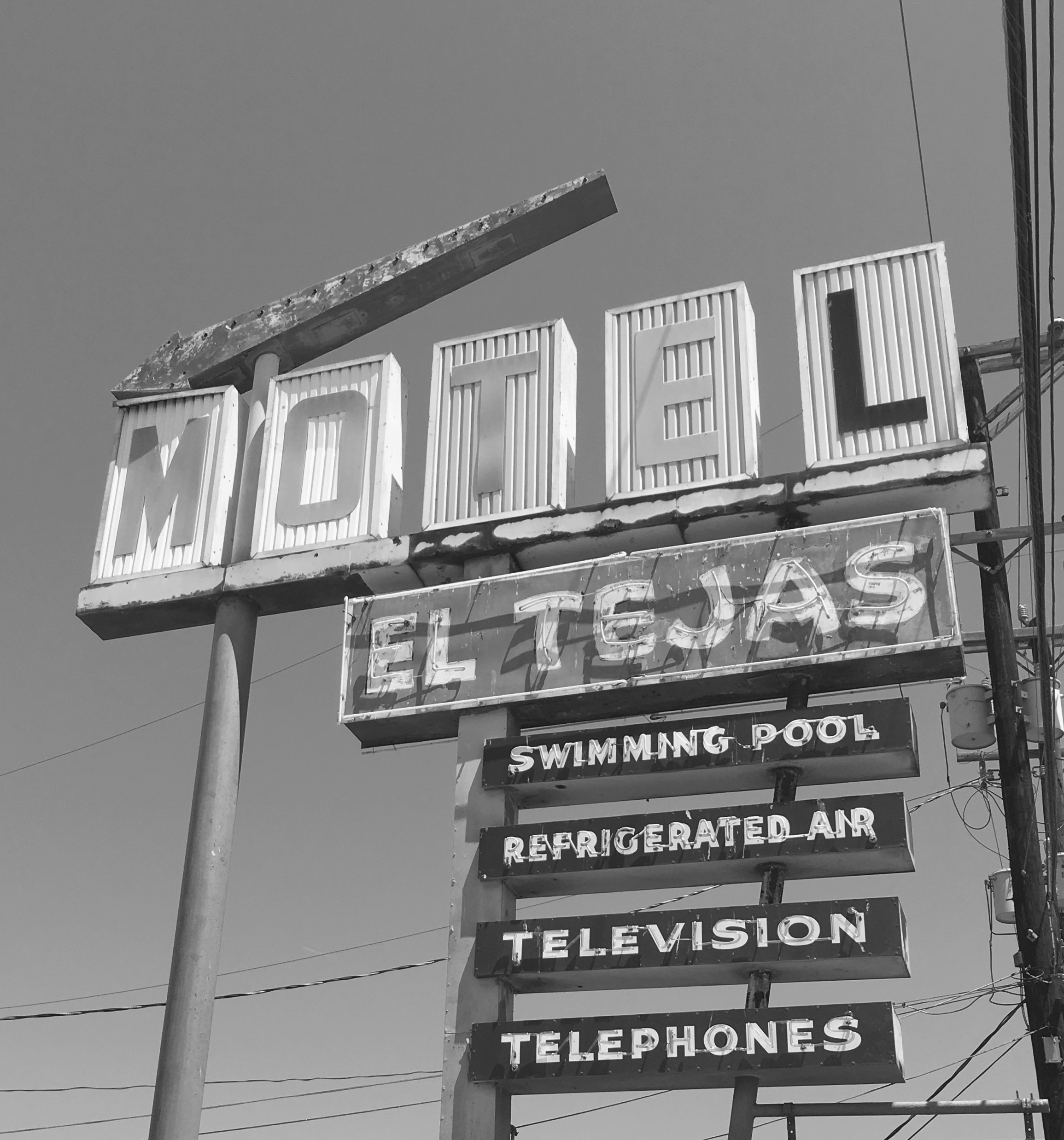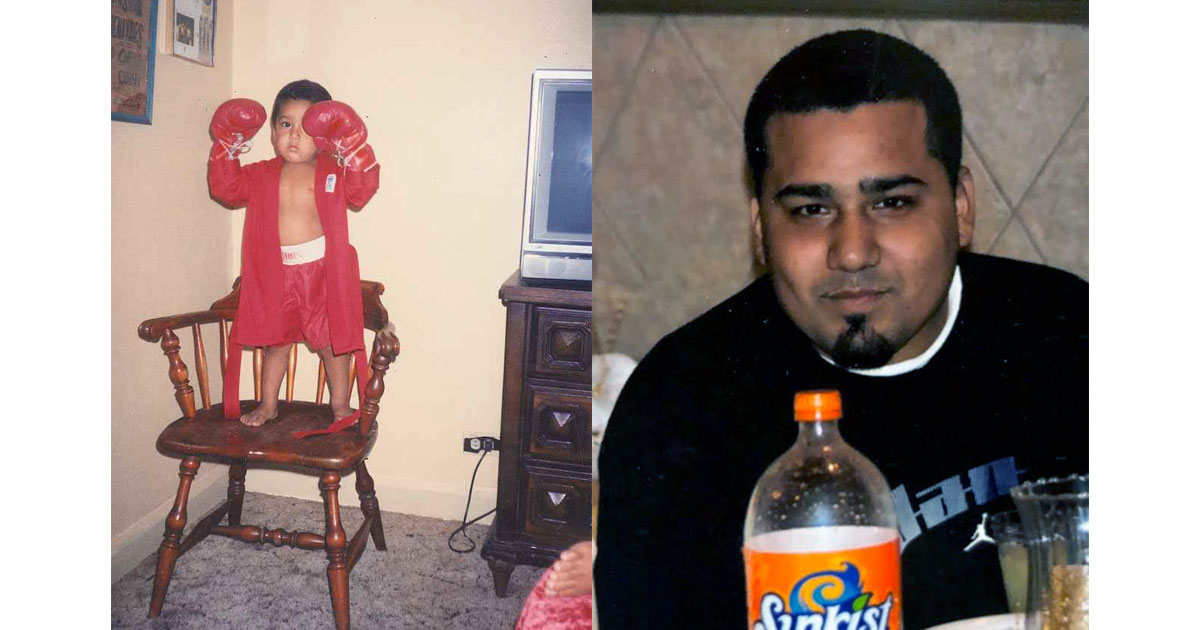
Lawsuit Questions How Port Arthur Police, Hospital Staff Respond to Mentally Ill Patients
Family claims police and hospital guards cornered a schizophrenic man then smothered him to death when he refused to remove his underwear.
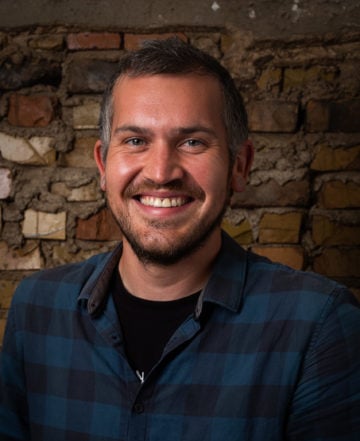
The Delacruz family realized Manuel was dangerously sick somewhere on the highway as they passed San Antonio. It was the summer of 2016 and they were coming back from a weeklong vacation in northern Mexico, where Manuel, 26, hadn’t slept much, refused to eat and thought someone was trying to poison him. His parents eventually doused him with a garden hose after he refused to shower or remove any of his clothes. On the 8-hour drive home, Manuel, who had seven years earlier been diagnosed with schizophrenia, grew increasingly paranoid as the sun went down.
“He kept flicking the lights on, saying, ‘Somebody’s in here, somebody’s in the truck, somebody’s following us,’” recalled his oldest sister Ruth. “We were going, like, 75 miles an hour when he just opened the car door. We don’t know if he was really thinking of jumping, but he just opened it.” The family pulled over and forced Manuel to sit in the middle seat so he couldn’t reach the door handles for the rest of the drive back to Port Arthur.

When they got home, Ruth says Manuel’s doctor suggested the family try to commit him to the Medical Center of Southeast Texas for emergency treatment. Because Manuel wouldn’t stay in the hospital, they tried to gain power of attorney so they could involuntarily commit him, but the process couldn’t be completed on such short notice. Eventually they called the Port Arthur Police Department. State law allows for police to file for emergency detention orders on people like Manuel who pose a potential danger to themselves.
But Manuel was terrified of police. Around the time he was diagnosed with mental illness, Ruth says that he spent a night in jail for public intoxication, an experience that jarred him so much that sirens sometimes sent him into hiding. When officers arrived at the Medical Center of Southeast Texas on August 1, 2016, Manuel walked off the hospital grounds. Ruth says police brought him back in handcuffs but eventually removed them when they realized he wasn’t combative, just scared. More than three hours passed after police finished the paperwork to commit him, and Manuel still wasn’t being treated, according to a lawsuit the Delacruz family filed against the hospital and city of Port Arthur last week. Ruth remembers that her brother at one point begged her to take him home, afraid the police would kill him.
Several family members who were at the hospital that day claim officers eventually ordered them to clear Manuel’s room when he refused to remove his underwear before putting on a medical gown. They say a mix of police and hospital staff then entered and shut the door behind them, which was followed by a loud banging inside. They claim that when the door opened, one officer had Manuel in a chokehold and then a scrum of guards, police and other hospital staff took him to the floor. According to their wrongful death lawsuit, at least six officers and guards piled on top of Manuel at one point. His autopsy report, which indicates he was shocked by a Taser, lists his cause and manner of death as “undetermined.”
“Allowing police to go in there, close the door and wrestle the pants off a schizophrenic patient who needed treatment is just absurd.”
In sum, Manuel Delacruz’s family alleges that hospital guards and police cornered a paranoid man with serious mental illness and then smothered him to death when he refused to remove his underwear. Among other claims, their lawsuit accuses police of excessive force and blames the hospital for failing to provide adequate security and safety measures when treating people with mental illness.
“Allowing police to go in there, close the door and wrestle the pants off a schizophrenic patient who needed treatment is just absurd,” Ben House, one of the attorneys representing the Delacruz family, told the Observer. “This can’t be how things are handled. This can’t be how how situations like this are handled in the future. This can’t be right.”
As many as one-half of all fatal law enforcement encounters involve people with serious mental illness, according to research by the Treatment Advocacy Center. It’s not clear how many mentally ill patients are killed or injured by hospital guards each year because, as the New York Times has pointed out, medical centers aren’t even required to report those encounters. Greg Hansch, public policy director with the Texas branch of the National Alliance on Mental Illness, says Manuel Delacruz’s death shows how both police and hospitals need to rethink use of force on psychiatric patients.
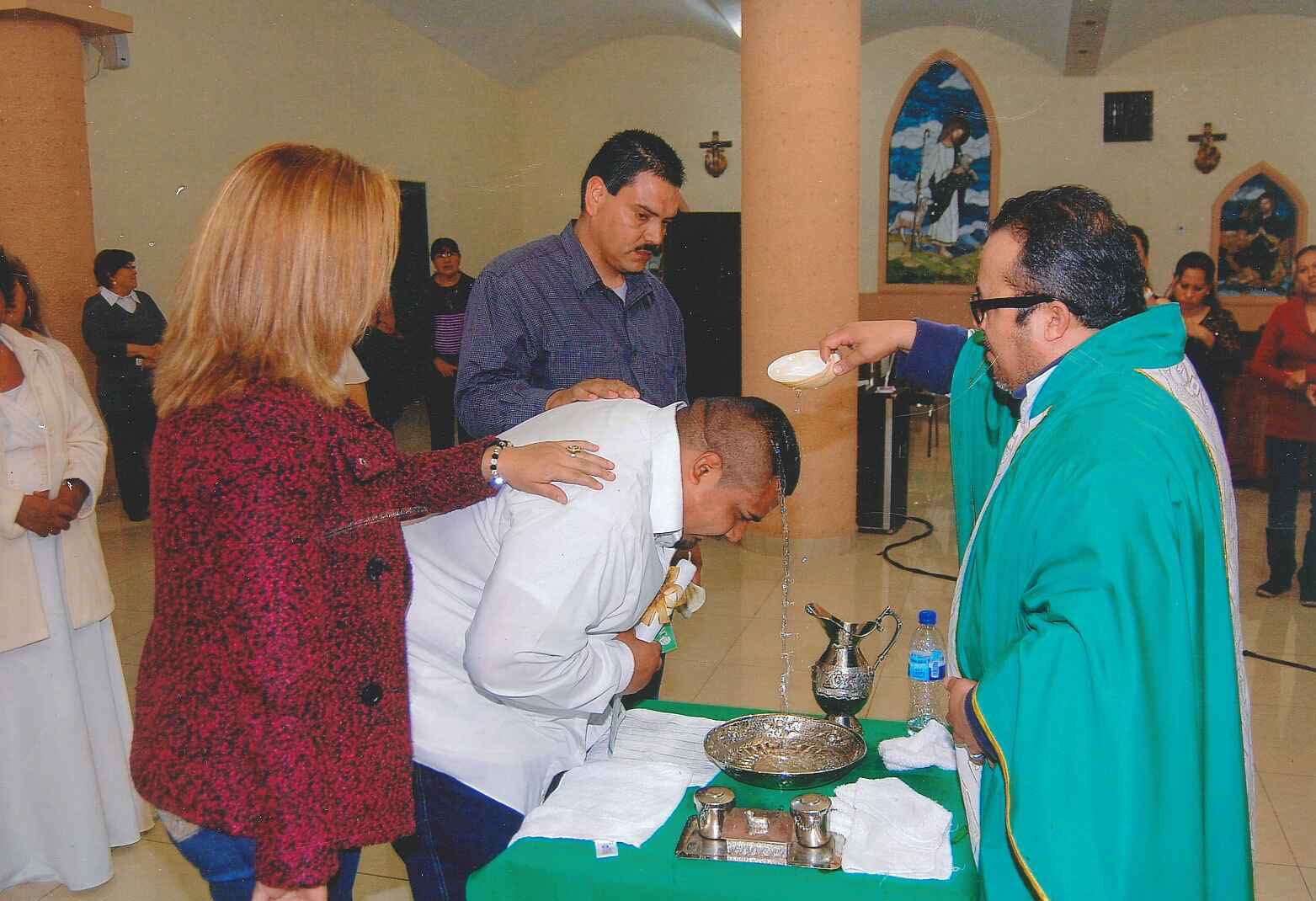
“There’s been a lot of focus on training law enforcement on how to de-escalate mental health crises,” Hansch told the Observer. “That should apply to all hospital staff, too.”
Even police trained on so-called crisis intervention techniques sometimes still respond to mentally ill patients with violence — even when the patient is unarmed and committed to the hospital. For example, in 2015, Houston Police Department officers moonlighting as security at St. Joseph Medical Center cornered Alan Pean, who’d come to the hospital for treatment of possible bipolar disorder, in his room, stunned him with a Taser and shot him in the chest when he got combative. The bullet struck millimeters from his heart. A decade before the shooting, the Hogg Foundation for Mental Health dubbed HPD’s training program to de-escalate mental health crises the “gold standard.” St. Joseph’s hospital staff had called on the officers to control Pean because he was dancing naked in the hallway and refused to stay in his room. Houston police accused Pean, who survived the shooting, of felony assault on two police officers until a grand jury no-billed the charges. Neither officer involved in the incident faced discipline or criminal charges.
As many as one-half of all fatal law enforcement encounters involve people with serious mental illness.
It’s unclear what training Port Arthur police or medical center staff had before they encountered Manuel Delacruz in 2016. The Medical Center of Southeast Texas declined to comment on the allegations in the Delacruz family’s lawsuit. The Port Arthur Police Department, which didn’t respond to multiple requests for comment from the Observer, stated in a custodial death report submitted to the Texas Attorney General’s Office that Manuel “became violent, combative and punched one of the officers in the nose” when they entered his room. Police claim they shocked him with a Taser after he reached for an officer’s gun and pepper spray.
About a week after her brother’s death, Ruth says she got a visit at home from Jefferson County District Attorney Bob Wortham and two investigators. She claims they informed her that any lawsuit would likely be unsuccessful, and that a grand jury would almost certainly clear anyone involved in the struggle that killed Manuel. “They told us, ‘Better to just leave this alone, they’re not going to do nothing to the cops, it’s really hard to get them convicted,’” she recalled them saying. Alton Baise, a DA’s investigator who was there at the time and now works for the county sheriff’s office, contested Ruth’s version of the meeting and says Wortham simply wanted to update family on the investigation. “Basically,” he told the Observer, “we just let them know the results of the autopsy.”
Two months later, a Jefferson County grand jury cleared three Port Arthur police officers involved in Manuel’s death.
Ruth is not only angry but also confused by what transpired when they tried to get her sick brother into treatment. “We did everything right,” she said. “We were at the hospital trying to get him help. We kept him calm until they took control and moved everyone out. What else were we supposed to do?”
